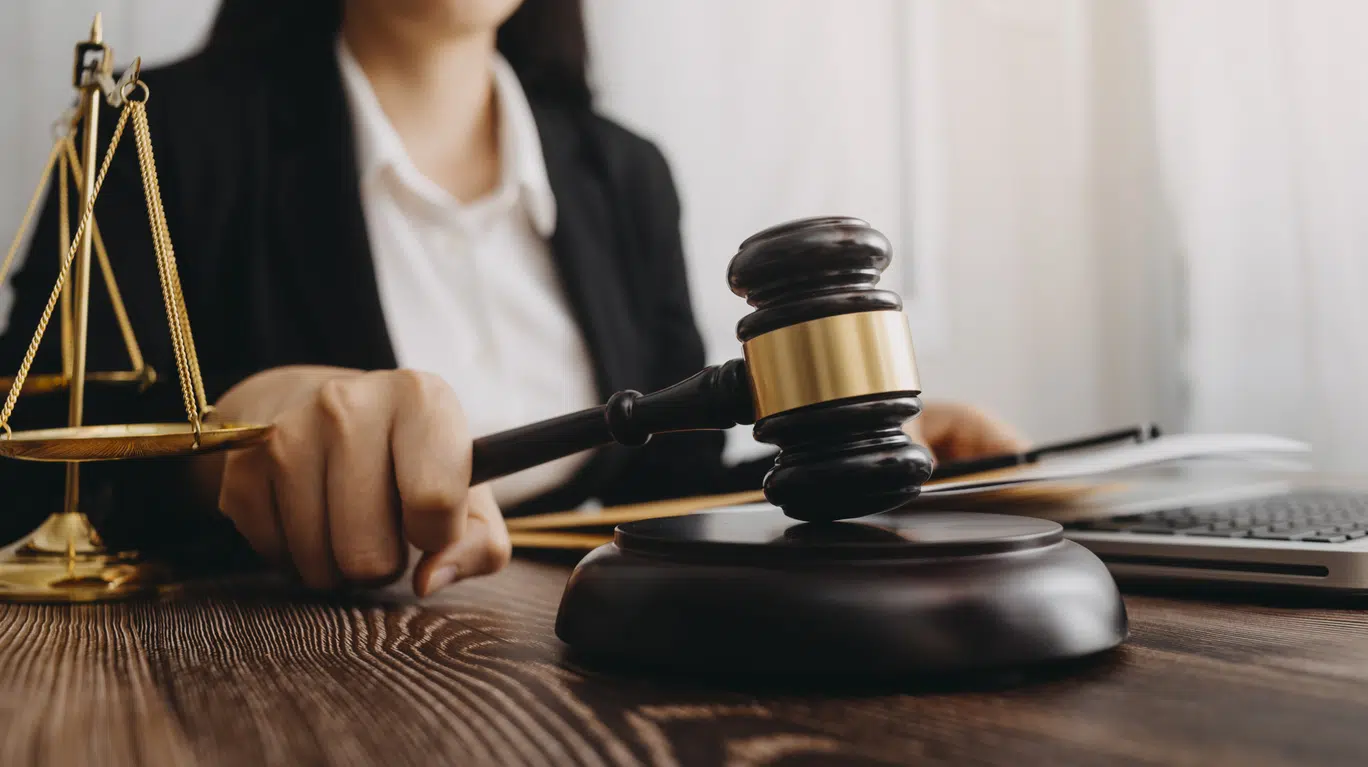What is a Business Tort?
A business tort is a wrongful act, intentional or unintentional, that causes harm to a business or its reputation. Unlike criminal acts, torts are civil wrongs that result in a lawsuit where the injured party seeks compensation. Business torts can disrupt operations, damage reputations, and lead to significant financial losses. The implications of these torts extends beyond immediate financial damage, potentially affecting long-term business relationships and market position.
Essentially, business torts consist of acts that unfairly harm another business’s operations or interests. They may involve actions like misrepresentation, interference with contractual relations, or defamation. The primary goal of business tort litigation is to provide relief to the injured party and deter others from committing similar offenses. This legal framework not only aims to compensate victims but also serves as a deterrent against unethical business practices. Understanding these dynamics is crucial in a world where business interactions are increasingly complex and globalized.
Common Business Torts
There are several types of torts that commonly affect businesses. Here, we’ll explore some of the most prevalent ones. Recognizing these torts can help you identify potential issues early and take appropriate action. Let’s delve into the specifics of each type.
Fraudulent Misrepresentation
Fraudulent misrepresentation occurs when a party intentionally provides false information to another party, leading them to act to their detriment. This can include false advertising, misleading financial statements, or deceitful negotiations. The injured party can pursue legal action to recover damages caused by the misleading information. Misrepresentation not only affects the immediate parties involved but can also erode trust in the broader business community, highlighting the importance of integrity in all business dealings.
Tortious Interference
Tortious interference involves intentionally disrupting a business relationship or contract between two parties. This can happen when a third party induces a breach of contract or interferes with a business deal. For instance, if a competitor persuades a supplier to break a contract with your company, you may have grounds for a tortious interference claim. Such actions can have far-reaching implications, potentially damaging business relationships and leading to loss of future opportunities. It’s crucial for businesses to recognize and address these interferences promptly to minimize impact.
Defamation
Defamation in business involves making false statements about a company that harm its reputation. There are two main types: libel, which is written defamation, and slander, which is spoken defamation. False reviews or negative comments that damage a business’s standing in the community can lead to defamation claims. Protecting a business’s reputation is paramount, as trust is a critical component of customer and stakeholder relationships. Understanding how to address and mitigate defamation is vital for maintaining a positive public image.
Breach of Fiduciary Duty
When someone in a position of trust, such as a corporate officer, fails to act in the best interest of the company, it can lead to a breach of fiduciary duty claim. This includes actions like embezzlement, self-dealing, or conflicts of interest. Businesses can seek compensation for losses resulting from these breaches. Fiduciary duty is a cornerstone of corporate governance, ensuring that those in positions of authority act in the best interests of the entity and its stakeholders. Breaches can undermine confidence in leadership and destabilize organizational structures.
Unfair Competition
Unfair competition involves dishonest or fraudulent rivalry in trade and commerce. This can include using deceptive practices to gain an unfair advantage over competitors. Examples include trademark infringement, false advertising, or trade secret theft. Such practices not only harm individual businesses but can also distort market dynamics, leading to a less competitive environment. Vigilance and adherence to fair trade practices are essential to fostering a healthy business ecosystem where innovation and fair competition thrive.
Understanding Tort Law
Understanding tort law basics can help you better navigate potential legal challenges. Here are some key concepts to keep in mind. Familiarity with these principles can empower businesses to make informed decisions and protect their interests effectively.
The duty of care is a legal obligation requiring individuals or businesses to act reasonably to avoid causing harm to others. In the context of business torts, this means acting in good faith and with honesty in all business dealings. Upholding a duty of care is fundamental to building trust and maintaining ethical standards within the business community. It also serves as a guiding principle for evaluating business conduct and determining liability in tort claims.
For a business tort claim to be successful, the plaintiff must prove that the defendant’s actions directly caused harm and resulted in damages. This can include financial losses, reputational harm, or loss of business opportunities. Establishing causation is often a complex process, requiring clear evidence linking the defendant’s actions to the plaintiff’s losses. Understanding how to gather and present this evidence is key to achieving a favorable outcome in tort litigation.
Each state has a statute of limitations that sets a time limit for filing a business tort claim. It’s important to be aware of these deadlines to ensure your case is heard in court. Missing these deadlines can result in the loss of legal recourse, underscoring the importance of timely action when legal issues arise. Consulting with legal professionals can help ensure compliance with these timeframes and preserve your right to seek justice.
Tort Examples
To get a better of idea of what business torts are, let’s look at some real-world examples. These cases highlight the diversity between business tort cases and their potential impact on companies.
- Case of Misrepresentation: A company misrepresented its financial health to secure a merger, causing the other party significant financial harm when the truth came to light. This example underscores the importance of transparency and honesty in financial disclosures, which are crucial for maintaining trust and facilitating successful business transactions.
- Defamation Example: A former employee published false claims about a company’s products, leading to a decline in sales and reputation. Addressing defamation swiftly and effectively is crucial to minimizing its impact and restoring a company’s standing in the market.
- Interference Scenario: A competitor offered incentives to a company’s key clients to breach their contracts, causing substantial business losses. This scenario illustrates the potential consequences of tortious interference and the importance of safeguarding business relationships against external disruptions.
Minimizing Business Torts
While understanding torts is essential, it’s even more important that business owners and entities take proactive steps to protect their organization from potential legal issues. The following strategies can be tailored to help individuals and management lay the groundwork necessary to mitigate risks.
Keeping detailed records of all business transactions and communications can serve as evidence in the event of a legal challenge. Comprehensive record-keeping not only supports legal claims but also aids in efficient business management and decision-making. Implementing robust record-keeping systems can streamline operations and facilitate compliance with legal and regulatory requirements.
Provide regular training to employees on ethical business practices and the importance of avoiding actions that could lead to tort claims. Empowering employees with knowledge and understanding of legal principles fosters a culture of compliance and ethical conduct. Ongoing education and awareness initiatives can help prevent violations and reinforce the company’s commitment to lawful and ethical practices.
Having a legal team or consultant on hand can help you navigate complex business tort issues and prevent legal troubles before they arise. Legal experts can offer invaluable guidance on risk management, compliance, and dispute resolution strategies. Building a strong relationship with legal advisors ensures that your business is well-prepared to address potential challenges and capitalize on opportunities.
Understanding the common types of business torts and how they can impact your company is crucial for any business professional. By familiarizing yourself with these legal concepts and taking proactive measures to protect your business, you can minimize the risk of legal disputes and ensure a more secure and successful business environment. In a world where legal challenges are increasingly prevalent, knowledge and preparation are your best defenses.
Conclusion
Whether you’re dealing with fraudulent misrepresentation, tortious interference, or defamation, knowledge is power. Stay informed, act ethically, and consult with legal professionals, such as those at Law Advocate Group to safeguard your business interests. Taking these steps not only protects your business but also contributes to a fair and competitive marketplace, benefiting all stakeholders involved.
Contact Law Advocate Group
To speak with a knowledgeable business attorney today, call us at (310) 651-3065 or fill out the form below so that we may get in touch with you as soon as possible.






